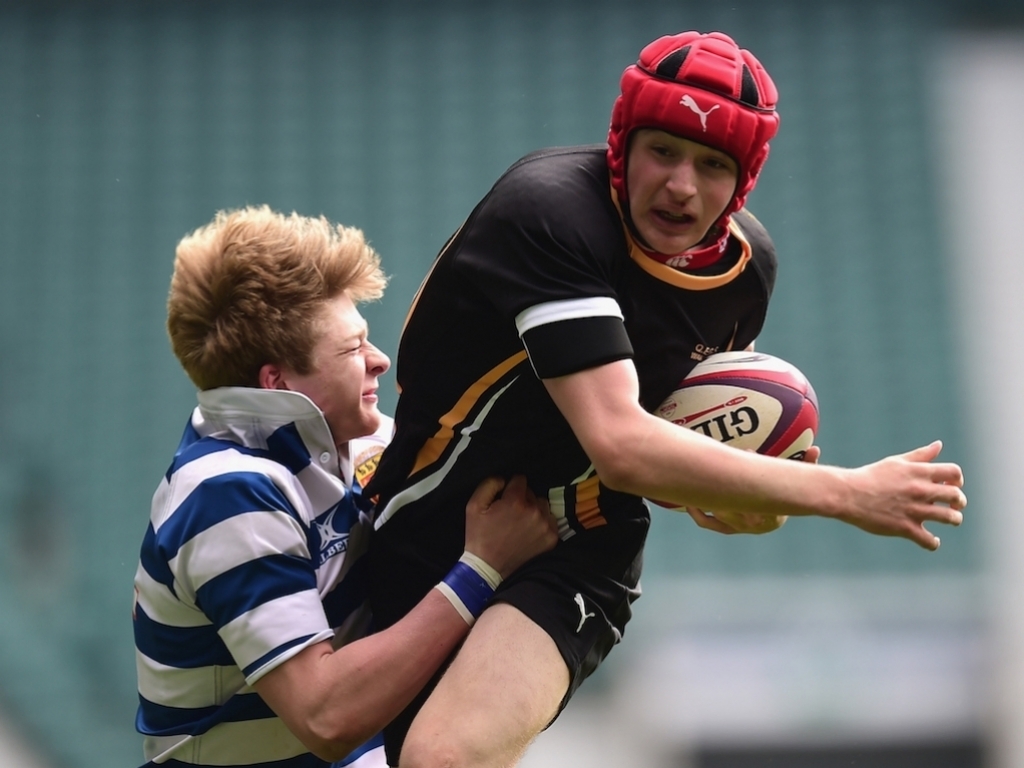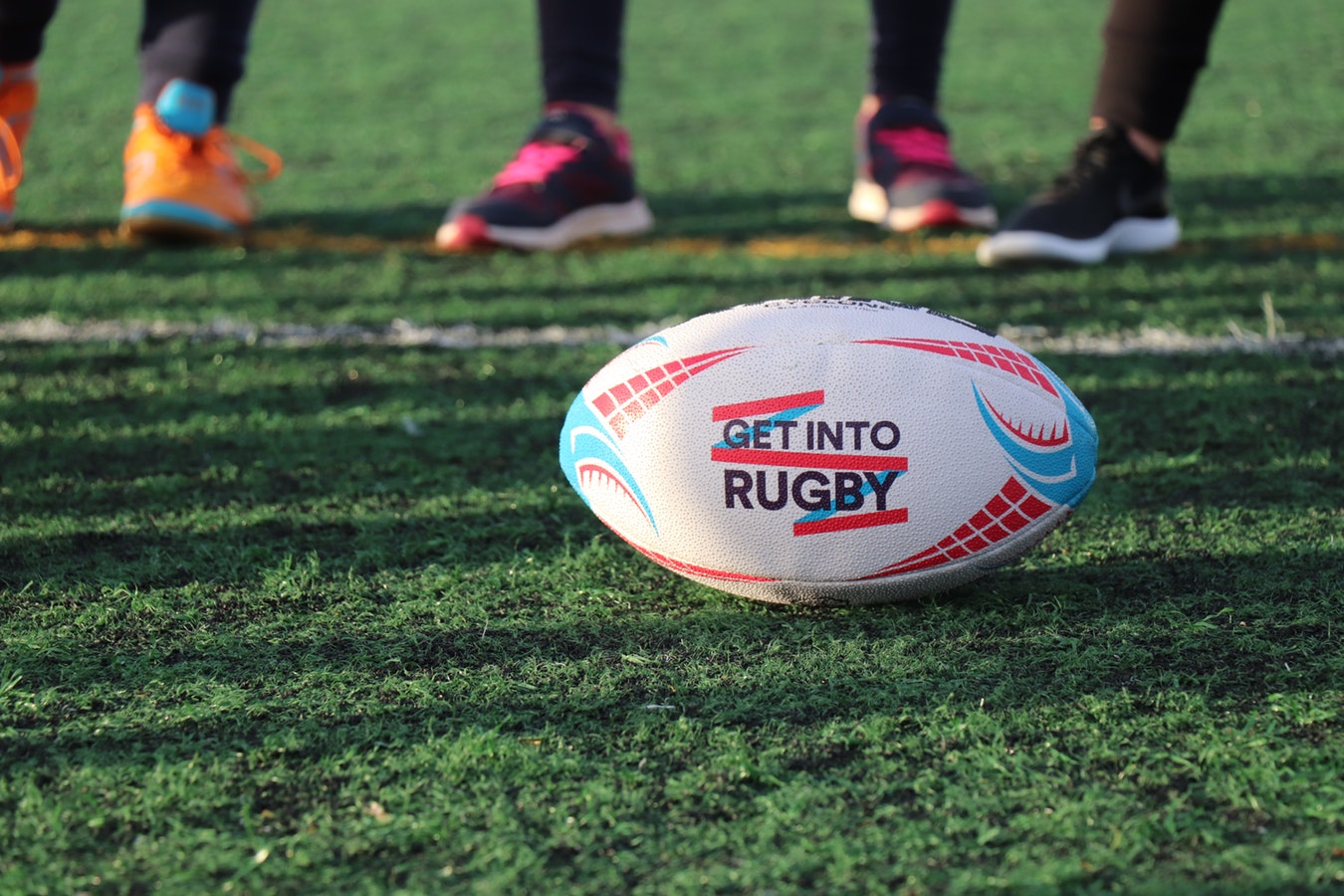Leading expert on head injuries Bennet Omalu calls for contact sports with high risk of head blows, like rugby, to be limited to adults. He says that no protection equipment can prevent such injuries, so he advises parents not to allow their children to play rugby.
Dr Bennet Omalu, a forensic pathologist who discovered the brain disease Chronic Traumatic Encephalopathy (CTE), states after performing extensive research on patients that, eventually, the collisions that happen in contact sports, large or small, take their toll on the player’s health. What’s more, he sustains that exposure to repetitive blows or hits to the head is enough to put a child’s health at risk.
He approached this subject in his keynote address at MyHealth public lecture “Knocking Out Concussion in Sport” held this Tuesday in Dublin, but it’s not the first time he talks about it.
Rugby Football Union data shows that concussion is the most common injury in the professional game, with 5.1 instances for every 1,000 hours of rugby played. Moreover, the force of the collisions in rugby game can be the equivalent of a car crash in terms of impact.
Omalu mentions that children’s health is at risk if they are involved in high-impact sports. And he is referring here not only to rugby but also American Football, ice hockey, boxing, mixed martial arts, and wrestling.
“We should wait for our children to become adequately developed, the brain of a child becomes fully developed at around 18-25 years old,” he explains.
He also warns about the fact that symptoms of CTE may only manifest themselves a few years after the trauma occurs, and that’s even worse because brain injury is permanent and as the condition deteriorates, the concussions can lead to memory loss, aggression and progressive dementia.
Nonetheless, the doctor wants everyone to understand that he is not anti-rugby or any other sport, he just wants to make people aware of the risks and encourage them to “tap into the great ingenuity of mankind and come up with more brilliant ways we can play these games and keep our children safe.”
What’s important to note, however, is that in recent years, changes have been made to the laws of rugby to reduce the likelihood of high-speed impacts, so steps are being taken to make sure the sport is not a dangerous one for those involved in it.
Not everyone agrees with Dr Omalu when he says youths should be banned from playing rugby, though. Many states that there are alternatives to full-blown contact rugby that are more appropriate for children. They could enjoy rugby safely by playing touch, for instance, which is a most enjoyable alternative to crunching into one another at full force.
So while everyone agrees that the contact element should be eliminated in games for under-age players, as it can indeed prove dangerous at early ages, this does not mean that there aren’t other ways for children to still enjoy rugby and follow their passion for the sport.
05/06/2017 at 07:56
Neuropathologist Says Children Under 18s Should Not Play Rugby












